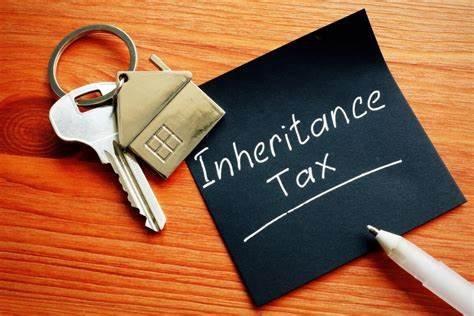Key Implications for Families Regarding Inheritance Tax Following the Recent UK Budget
The Autumn Budget 2024 introduced several significant changes to Inheritance Tax (IHT) that will have a profound impact on families across the UK. Understanding these changes is crucial for effective estate planning and ensuring that your wealth is passed on to your loved ones in the most tax-efficient way possible.
Frozen Nil-Rate Bands
One of the most notable changes is the extension of the freeze on the IHT nil-rate bands until 2030. The nil-rate band remains at £325,000, and the residence nil-rate band at £175,000. This means that more estates will be subject to IHT as property prices continue to rise, potentially dragging more families into the IHT net.
Inclusion of Pension Funds
Starting from April 2027, unused pension funds and lump sum death benefits payable from registered pension schemes will be potentially liable to IHT. This change means that pension pots, which were previously exempt, will now be included in the value of the estate for IHT purposes. This could significantly increase the IHT liability for many families.
Reforms to Agricultural and Business Property Relief
From April 2026, the reforms to Agricultural Property Relief (APR) and Business Property Relief (BPR) will come into effect. Owners of farmland will be able to claim 100% APR on up to £1 million of agricultural property, but values above this amount will only attract 50% relief. Similarly, the first £1 million of qualifying combined assets will have no IHT, but assets over £1 million will be taxed at a rate of 20%.
Impact on Family-Owned Businesses
The changes to BPR will also affect family-owned businesses. The relief will be limited to the first £1 million of qualifying assets, with anything above this amount being taxed at 20%. This could lead to increased IHT liability for family businesses and may require families to reassess their succession plans.
Strategies to Mitigate IHT
Despite these changes, there are still strategies that families can use to mitigate their IHT liability. These include giving money away early, investing in unlisted companies that qualify for BPR, and setting up trusts. It's essential to seek professional financial advice to ensure that your estate planning aligns with the new regulations and maximizes tax efficiency. If this is an area of concern for you or your have a specific question please click the button below.

